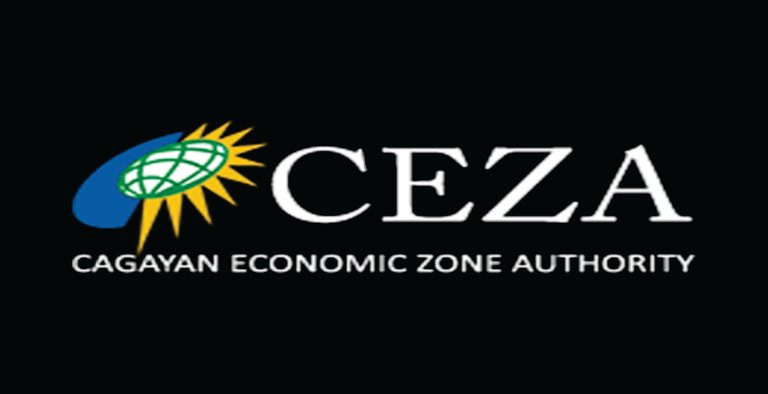
The Cagayan Economic Zone Authority (CEZA), government-controlled economic zone in the Philippines has revealed plans to issue 25 licenses to cryptocurrency exchanges, according to the Philippine News Agency.
The country of the Philippines was thrust into the global limelight when President Rodrigo Guterte came into power in 2016. The tough, no-nonsense former Mayor of Davao City had promised to clean up the country and wasted no time on his war on drugs.
Other rules include the requirement for each crypto exchange to invest at least US$1 million within 2 years. The authority has reportedly received about 60 applications from crypto companies so far.
CEZA is the government body that has been tasked with drafting rules to safeguard cryptocurrency investors in the country as well as issue the said licenses to a maximum of 25 crypto exchanges.
“CEZA is eyeing to become a hub for financial technology (fintech) investments,” the news service wrote. The country, through CEZA, has plans on becoming a fintech hub in not only Asia, but the entire world.
The CEZA chief said they will check “the probity and integrity of companies” coming into the country, particularly those who plan to launch an initial coin offering (ICO).
According to CEO and Administrator Raul Lambino:
CEZA “is in the process of crafting regulations that will protect those investing in cryptocurrency.” He said in a statement this week that the authority “will remain stringent in checking the probity and integrity of companies eyeing to launch their initial coin offering (ICO) in the country. These companies shall be registered with CEZA.”
Earlier in April, CEZA announced that it will allow 10 crypto firms to take advantage of its tax advantages while generating employment. Raul Lambino, the Chief of Cagayan Economic Zone Authority was quoted saying:
“We are about to license 10 platforms for cryptocurrency exchange. They are Japanese, Hong-Kong, Malaysians, Korean. They can go into crypto-exchanges, initial coin offering [ICO] or into cryptocurrency mining.”
“But the exchange of fiat money into virtual currency, and vice versa, should be done offshore to avoid infringing Philippine regulations.
Source
Plagiarism is the copying & pasting of others work without giving credit to the original author or artist. Plagiarized posts are considered spam.
Spam is discouraged by the community, and may result in action from the cheetah bot.
More information and tips on sharing content.
If you believe this comment is in error, please contact us in #disputes on Discord